Oral exam (all applicants)
+ Complex exam (for Untrained program)
10. Nov. 2025 - 5. Jan. 2026 (cross-semester)
About the Division
Operative medicine allied professions that are all based on manual activity, and these have shown a marked development in the past year. Part of this is the technical development that accompanies the surgical professions, but at the same time, a significant factor and influencer of the development of these professions is the development of oncology, which makes it possible to carry out ever wider radical solutions. Prognostic factor studies also played a major role in manual professions.
Programs
Program leader: Dr. György Szőke
The aim of the program is to better understand diseases through research in the fields of orthopedics, traumatology and rheumatology and to train researchers and healers who are skilled in them. Clinical, molecular and biomechanical research is primarily carried out in the program.
Program leader: Dr. Zoltán Zsolt Nagy
The program encompasses research areas dealing with the physiology and pathology of vision. It deals with the eye as a refracting medium as well as diseases of the eyeball. The topics of the program cover diseases of the anterior and posterior segments, as well as the modern diagnosis of glaucoma, and the investigation of certain diseases.
Program leader: Dr. Péter Nyirády
The program encompasses clinical and experimental research in urology and andrology. It includes clinical and molecular investigations of urological tumors, inflammatory and functional diseases, and modern clinical and experimental research of andrological diseases.
Program leader: Dr. László Tamás
The aim of the program is to research and further develop the pathophysiology, pharmacological and surgical therapy of diseases of the nose, throat and larynx, in addition to inner ear research (Békésy, Bárány), which has a long tradition in Hungary. In addition to head and neck oncology, phonosurgery and phoniatrics, examination of vertigo syndromes, research, treatment and rehabilitation of the causes of deafness and hard of hearing, development of middle and inner ear implantation, and rhinological research are prominent areas. The objectives of the program include the clinical application of basic research as well as the planning of clinical trials.
Program leader: Dr. János Rigó
The purpose of the program is to study the pathogenetic and clinical role of genetic, immonogenetical, endocrinological and environtmental factors in gynecological and pregnancy diseases. In addition, the introduction of new reproductive surgical interventions and the study of their impact on quality of life and fertility.
Program leader: Dr. Attila Szijártó
The aim of the doctoral program entitled interventional procedures, surgical and transplantation of abdominal organs in visceral diseases is to bring under one umbrella the scientific works achieved in the interventional gastroenterological and surgical treatment of diseases affecting the digestive system. Another goal of the program is to integrate kidney, liver, and pancreas transplant surgical research.
Documents
Entry requirements
Those with a university degree (MSc, MA) can apply for PhD training (proof of education is not yet required in the admissions process, but studies can only be started with proof of education).
In case of proof of excellent research results, doctoral training can also be started with a bachelor's degree and started master's studies or in the last two years of the undivided studies.
When applying for doctoral training or obtaining a degree, it is mandatory to indicate the chosen doctoral division. The admission interviews are organized by the doctoral divisions. The program and topic selection are only mandatory from the second semester onwards (with the exception of individual degree holders and the Stipendium Hungaricum Scholarship applicants, who can only apply with the recommendation of the future supervisor/consultant).
-
During an admission procedure, you can only apply for one division and have to indicate the topic and supervisor of a program.
-
If the applicant does not wish to choose a program, supervisor and topic in the first semester, then the head of the doctoral division will be the student's supervisor during the first semester.
-
Enrollment for the second semester can only be done by indicating the program, supervisor or topic approved by the doctoral school.
-
Doctoral applicants must be university graduates (MSc or MA degree) or students registered for their final semester of university studies, or Bsc graduates who started their MSc, as well with proven excellent research track
-
Applicants for the English-Language PhD program must have a good command of English, which is assessed at the entrance interviews
-
When applying to the program, applicants are required to state the specific training program and research topic they wish to pursue within one of the University’s doctoral programs
- The admission procedure is based on evaluating the candidate’s general and topic-related knowledge as well as personal ability, academic competence and previous scientific activity and contribution.
The PhD candidates in the untrained program are supposed to take a complex comprehensive exam after a successful entrance interview.
The exam has two parts:
-
the practical part (students have to give a 8-10 minutes long presentation in front of the examination board)
-
the theoretical part of the exam (1 main subject, 1 additional subject) - the Recommendation for the subjects of the complex exam and for the members of the professional board of the theoretical exam form is filled in by the Doctoral Divisions not by the students.
Contacts - Surgical Medicine Division
Chairman: Dr. Attila Szijártó
e-mail: szijarto.attila@semmelweis.hu
phone: +36 20 825 8925
Educational coordinator: Emőke Márton
e-mail: marton.emoke@semmelweis.hu
phone: +36 20 825 0680
Why is it worth getting a degree with us?
- Innovation efforts at Semmelweis University are based on more than 250 years of tradition and professional experience.
- Outstanding Hungarian and international research collaborations, multidisciplinary research networks.
- One of Central Europe's market-leading educational and research institutions.
- Numerous further education and work opportunities both in Hungary and abroad.
How to apply
Application period
- in case of traditional training in April-May
- in case of cross-semester training in November-December
Dates of entrance exams:
- during spring application in June
- in the case of cross-semester enrollment at the end of January
The application can be submitted online after registration.
The application interface is only active during the admission process period.
Documents have to be uploaded during the online application:
- Curriculum Vitae with detailed work/professional experience (1-2 pages)
- a photocopy of the university diploma(s),
- if a non-Hungarian diploma: an authenticated translation or its naturalisation document should be submitted,
- if required, the equivalence decision of the Hungarian Ministry of Education (of a non-Hungarian diploma)
- in case of application without MSc, MD etc. degree: Certification of the examination results, the credit certificate from Neptun
- proof of at least one intermediate state accredited language examination C type, or the certificate of an equivalent language examination, or certicate of the supervisor about the necessary English knowledge, or certificate of English language university studies
- in case of application for trained Phd program short research plan, which is the outlines of the selected research tasks if you apply for a specific theme attached to a particular supervisor (2-3 pages)
- list of publications (if you have any publications)
- proof of payment of the application fee
- documents which can certify the additional points (second degrees, awards, publications, etc.)
- in case of application for untrained Phd progam written recommendation of the supervisor/ consultant
(please note that the untrained Phd program is not available for the cross-divisional Translational Medicine program)
Payment of the application fee is a condition for acceptance of the application for doctoral training.
- The admission fee is HUF 9,000 (except the applicants of the cross-divisional Translational Medicine Program in case of non-EU applicants or appilcants of the bilateral-program. In these cases please click here)
How to pay?
- by online card payment (by onlinebank card payment initiated from the registration interface via with Simple pay)
-
by transfer, on the basis of an invoice (please upload the payment proof to the admission interface)
How to get an invoice?
If you choose bank transfer, please send the following information to the staff of the Financial Management Unit – Doctoral School (titkarsag.digh@semmelweis.hu) regarding the payment of the admission fee. Based on the data given, an invoice will be sent to the applicant, who can transfer the application fee by referring to this invoice.
When requesting an invoice for an individual person:
- applicant’s name, address,
- passport number,
- phone number,
- e-mail address.
When requesting an invoice for a company:
- name of applicant,
- company name,
- headquarter address,
- tax number,
- phone number,
- email address
- the company’s statement in email about whether it accepts electronic invoices
- the company’s signed, attached pdf statement about its bank account number.
If you choose to pay by bank transfer, please upload the payment proof to the admission interface, also send it to the staff of the Financial Management Unit – Doctoral School (titkarsag.digh@semmelweis.hu). Finalization of the application is possible only after uploading the payment proof.
Admission fee for the applicants of the cross-divisional Translational Medicine Program - non-EU or bilateral program
- The admission fee is EUR 75.
- Application fee can be paid via bank transfer, based on an invoice, which can be requested at tmk@semmelweis.hu.
If you choose to pay by bank transfer, please upload the payment proof to the admission interface, also send it to the staff of the Center of Translational Medicine (tmk@semmelweis.hu). Finalization of the application is possible only after uploading the payment proof.
-
Enrollment: enrollment takes place in person, at a pre-specified time (at the beginning of the first semester) in the Doctoral Office. Accepted students will be notified by e-mail of the exact date and the required documents. Attention, the condition for starting doctoral training is the presentation of a moral certificate not older than three months. Read more →
-
Activating the Neptun semester and recording the subjects
-
Applying for a student ID card
-
In the case of self-funded students, payment of the tuition fee
- The students of the cross-divisional Translational Medicine Program have to sign a cooperation agreement involving the Center of Translational Medicine, the supervisor, the student, and the respective organizational unit.
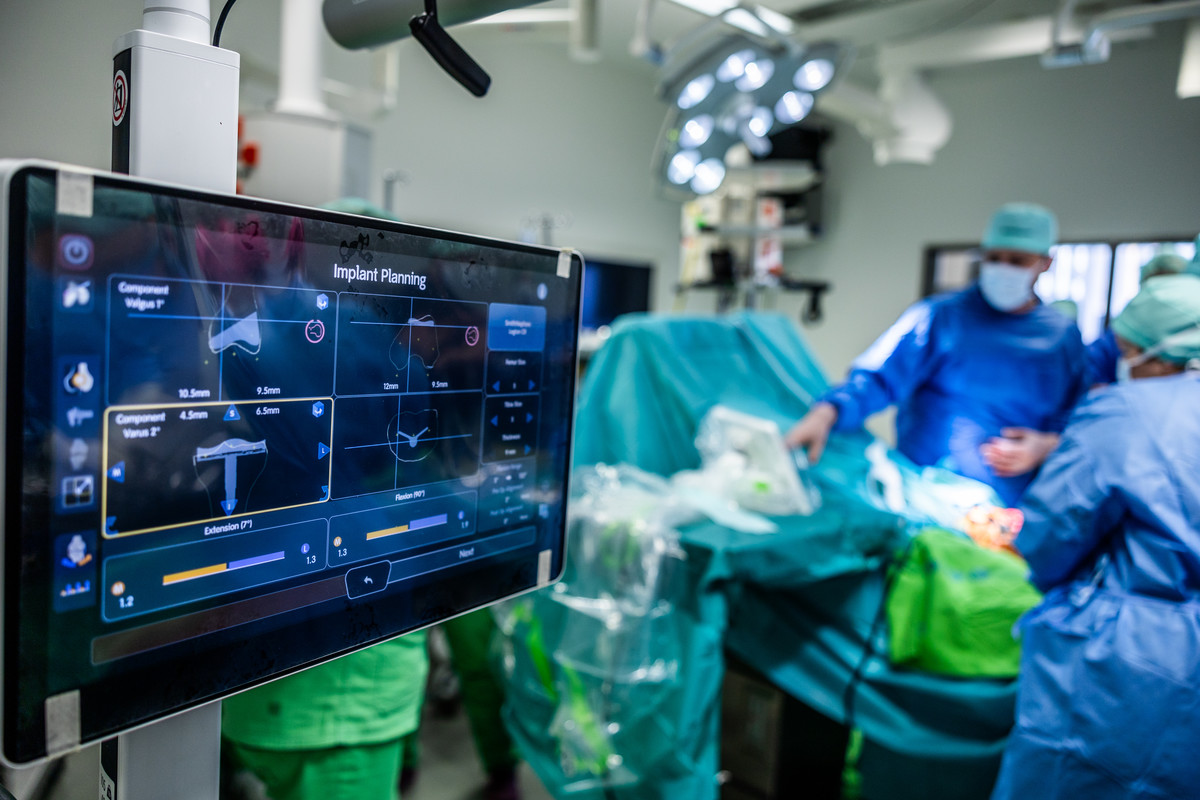
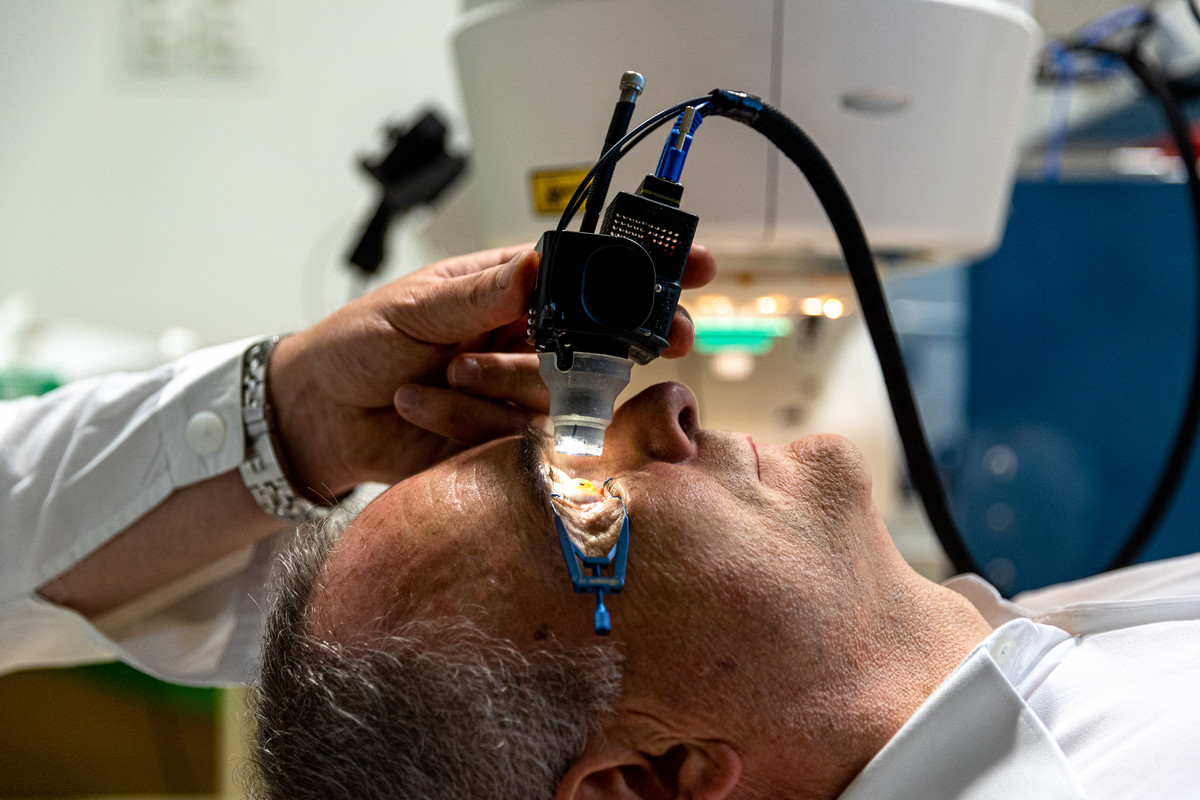
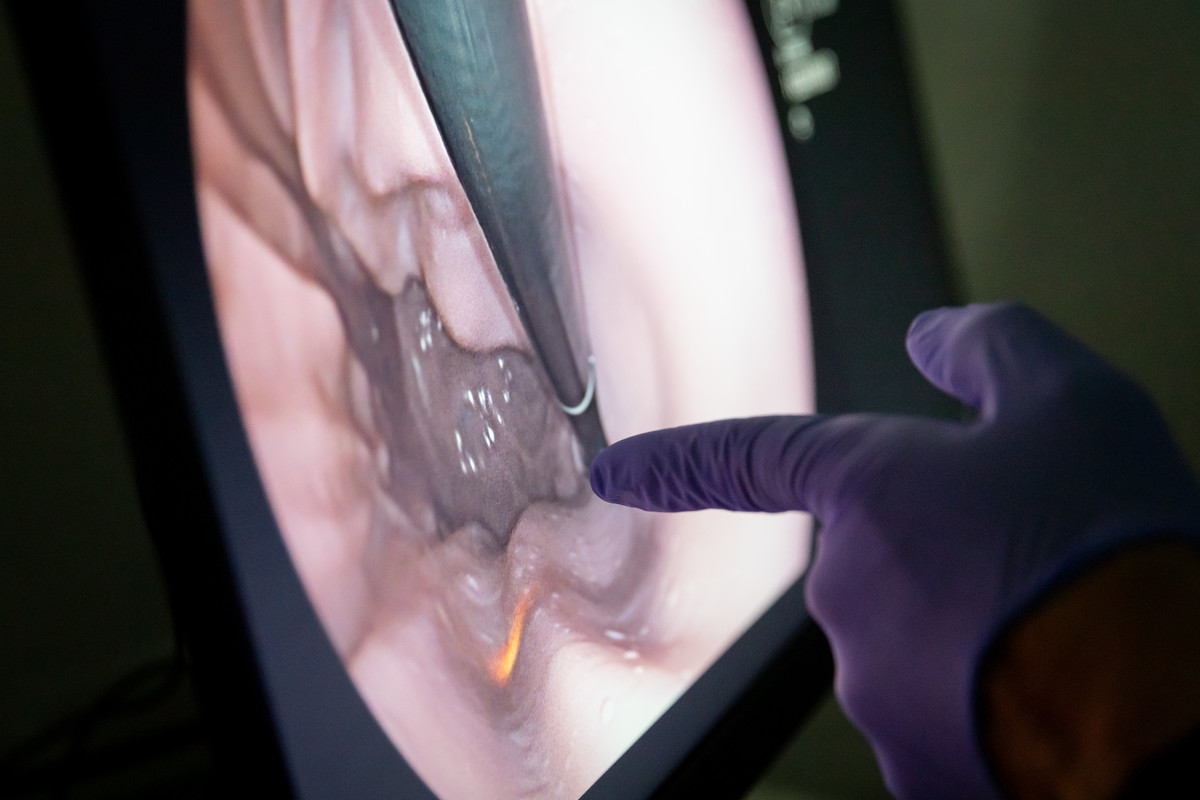
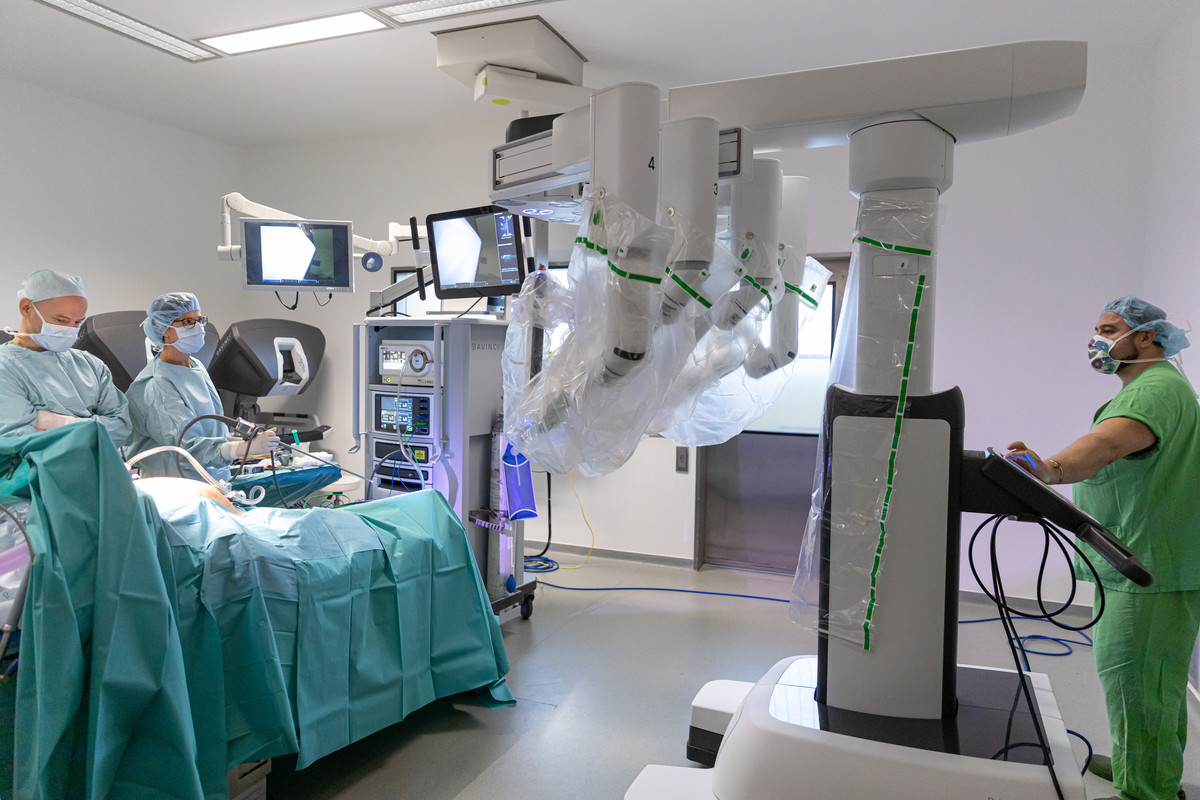



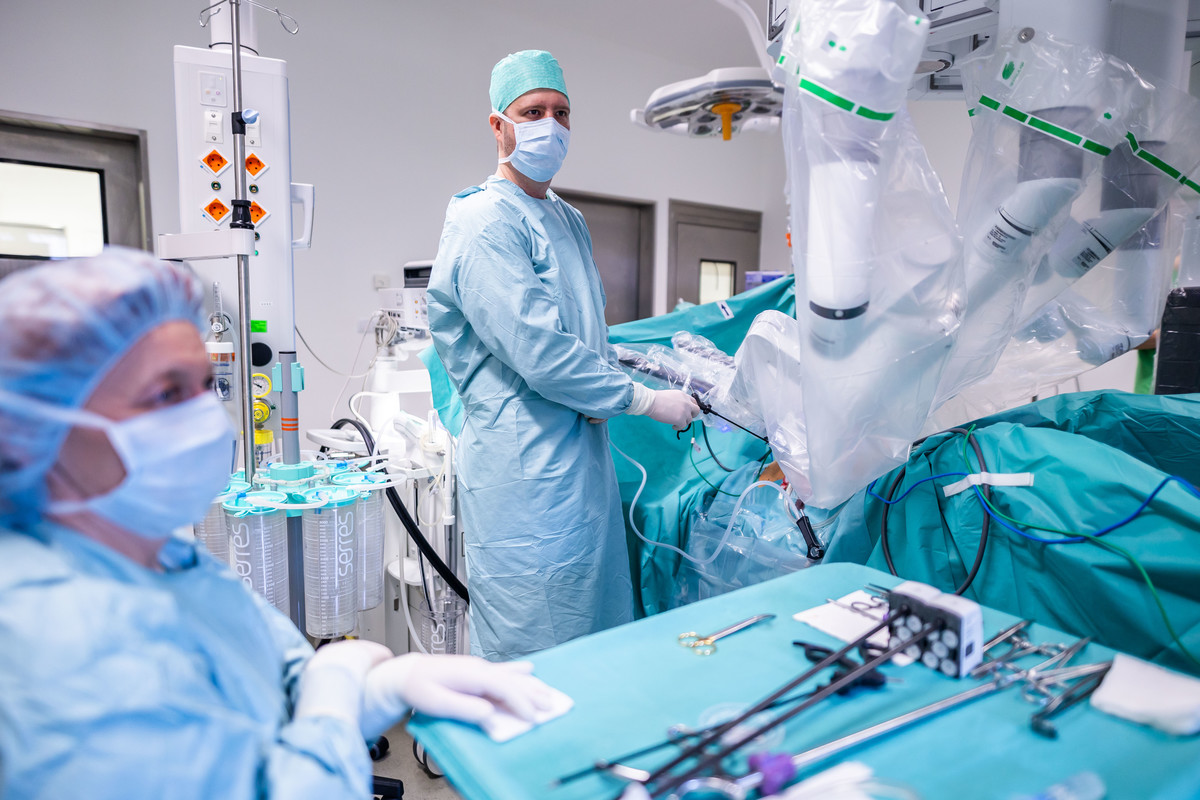


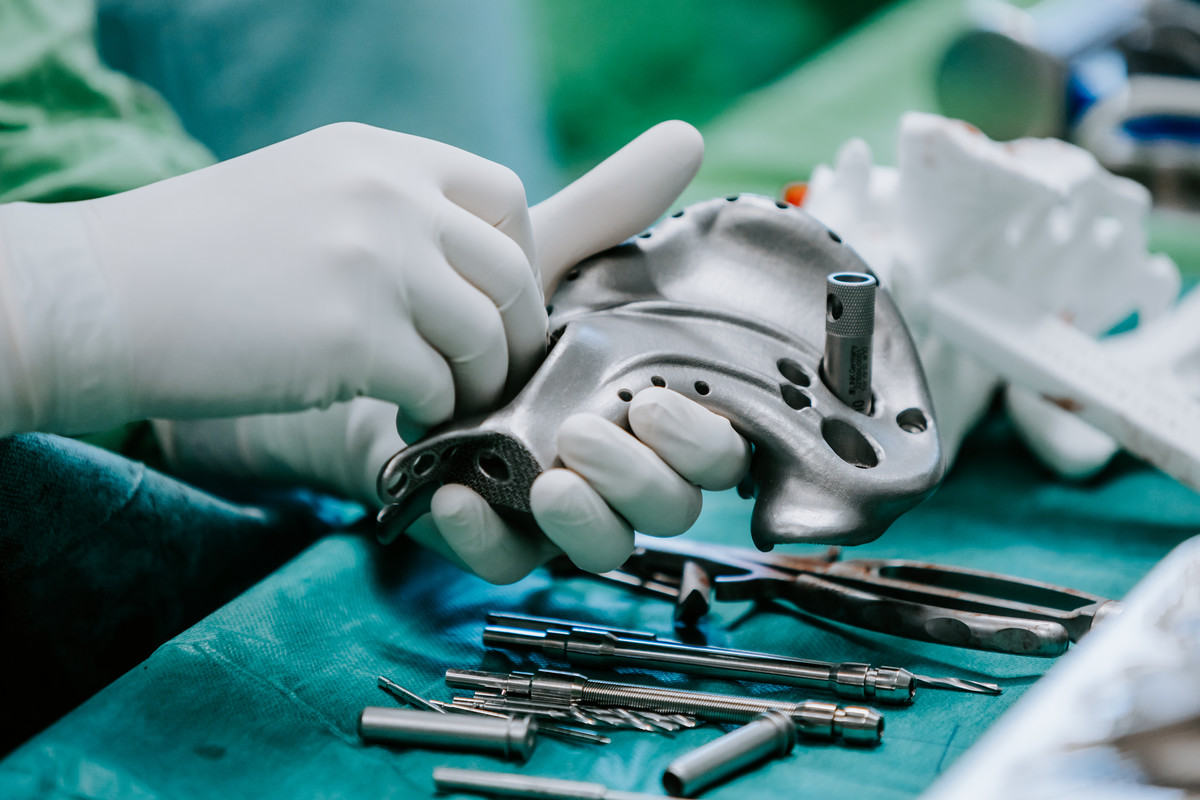


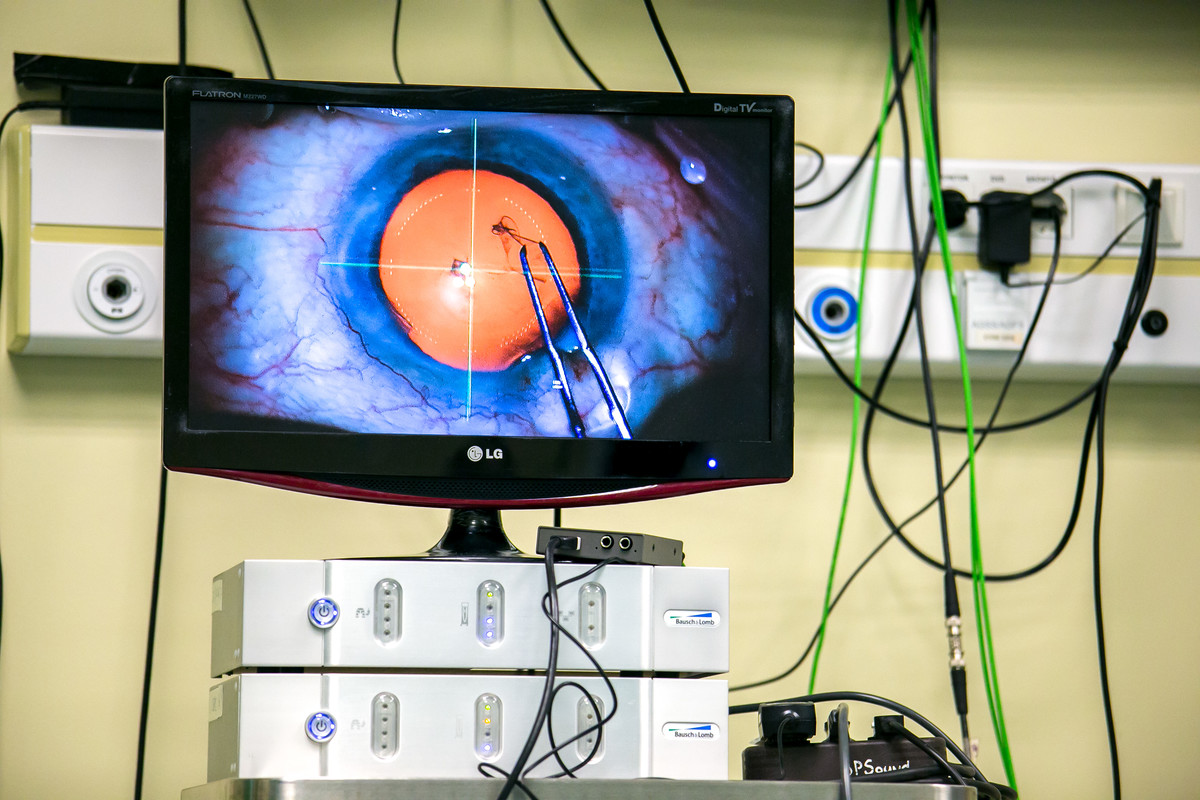
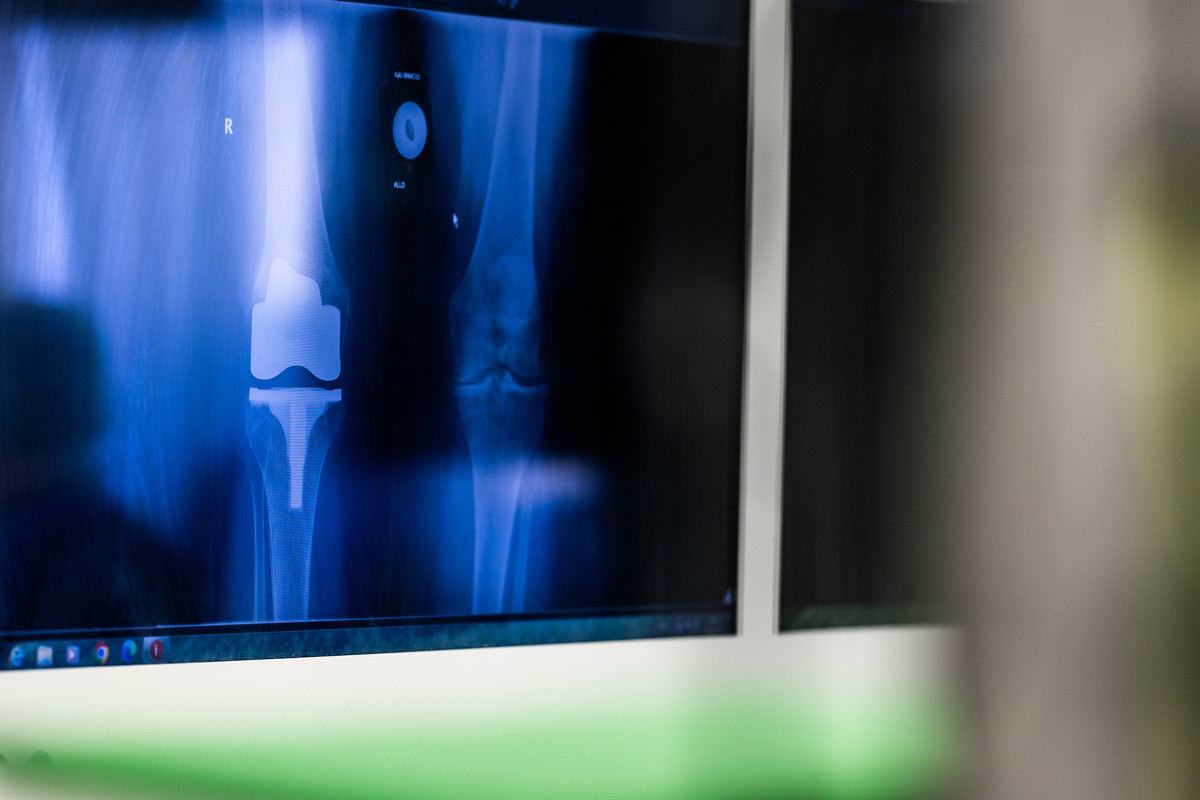
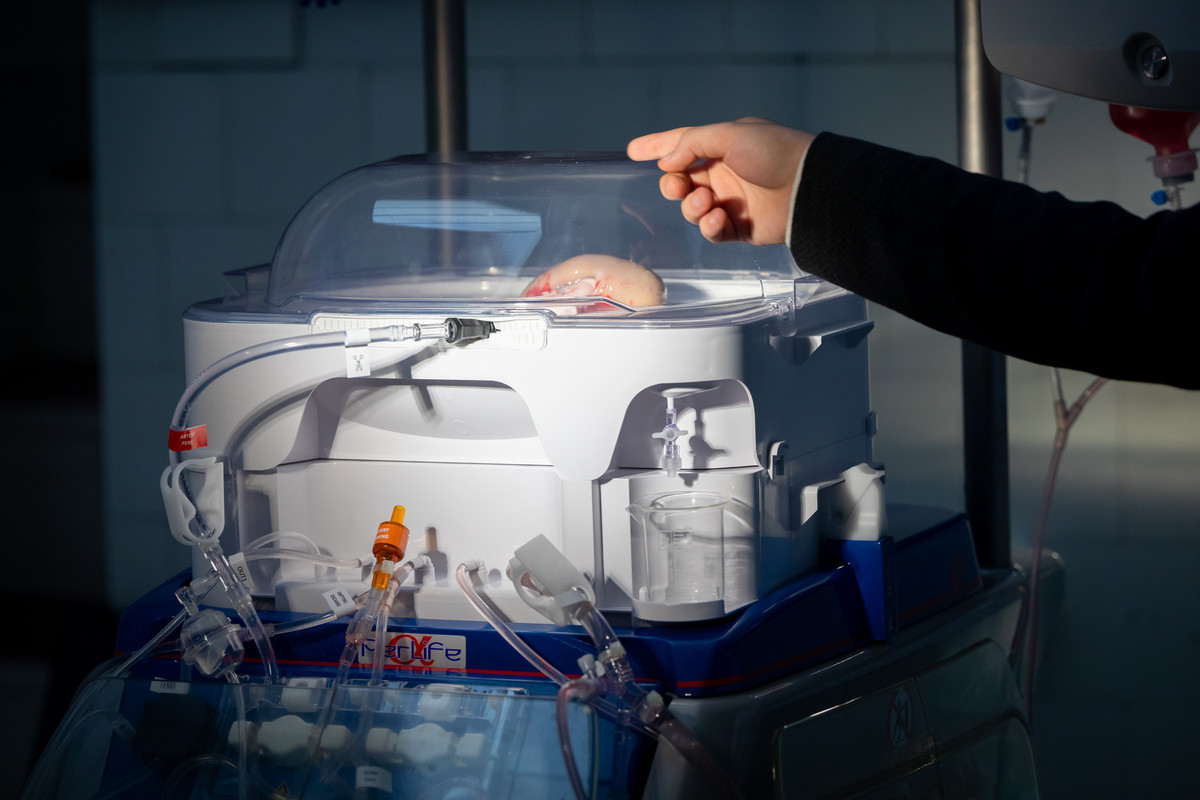
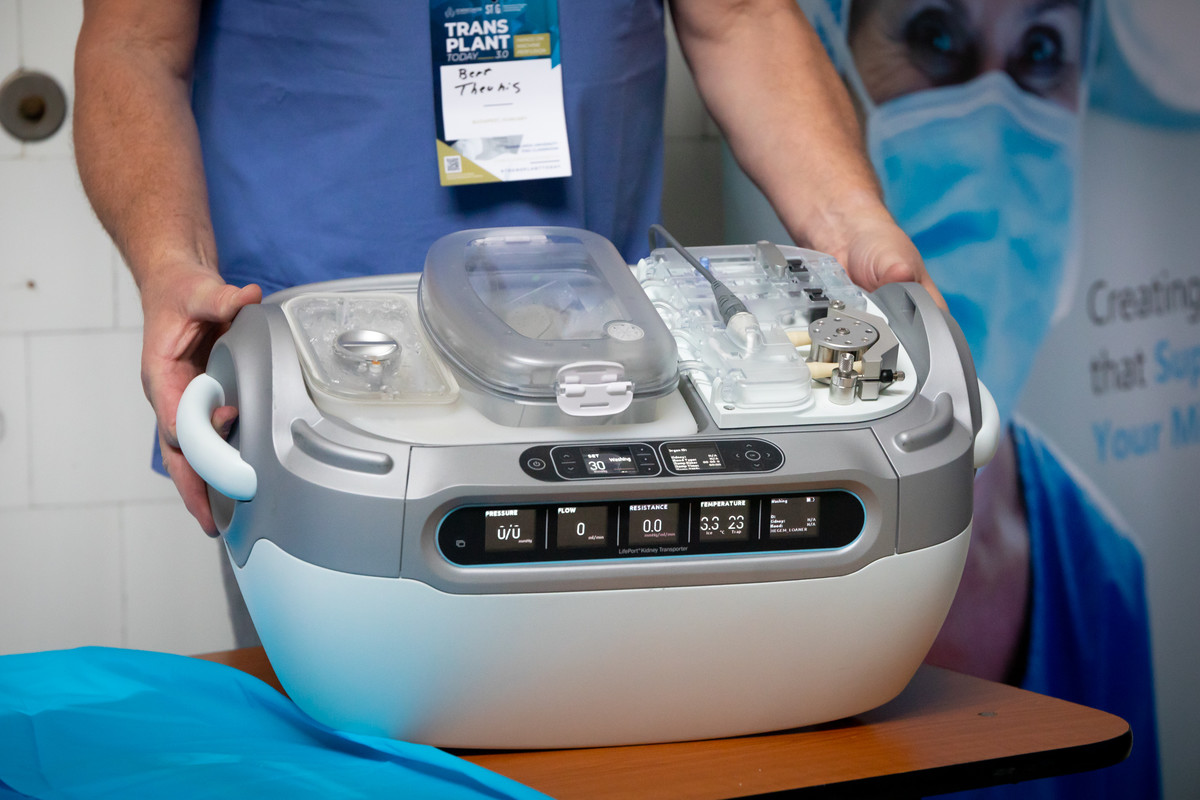
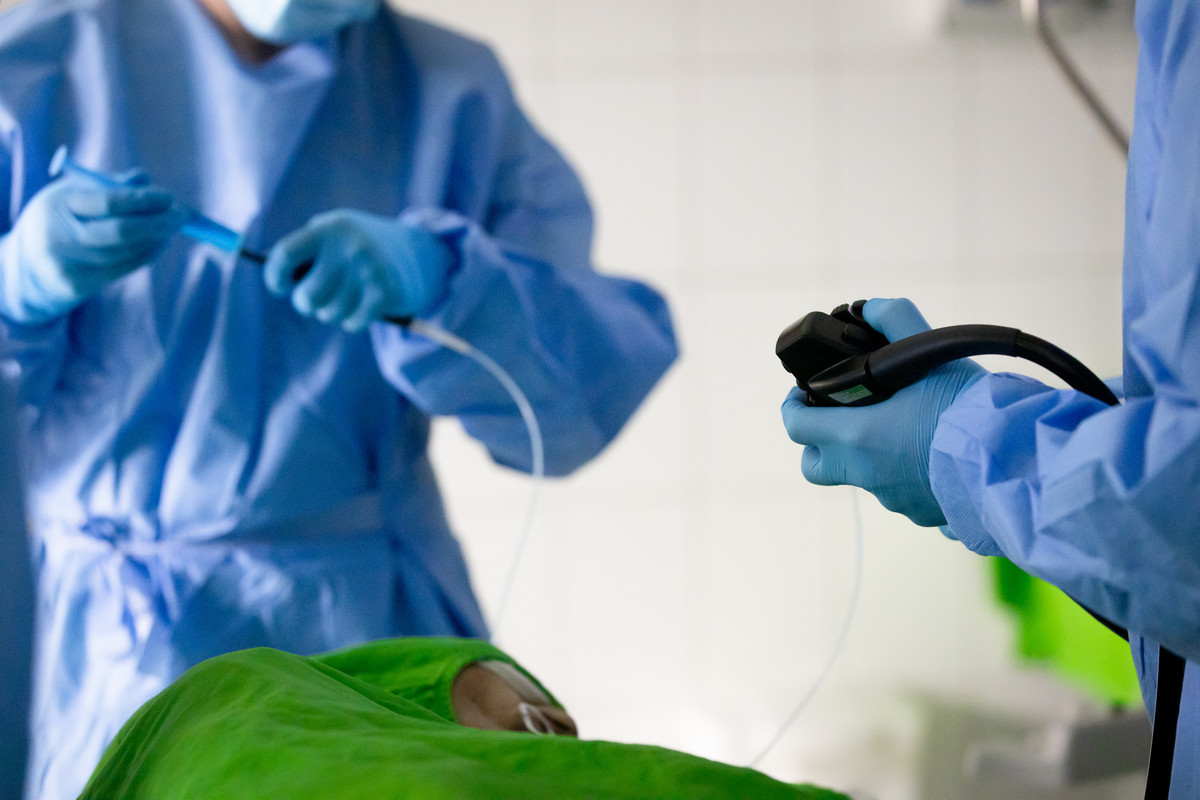

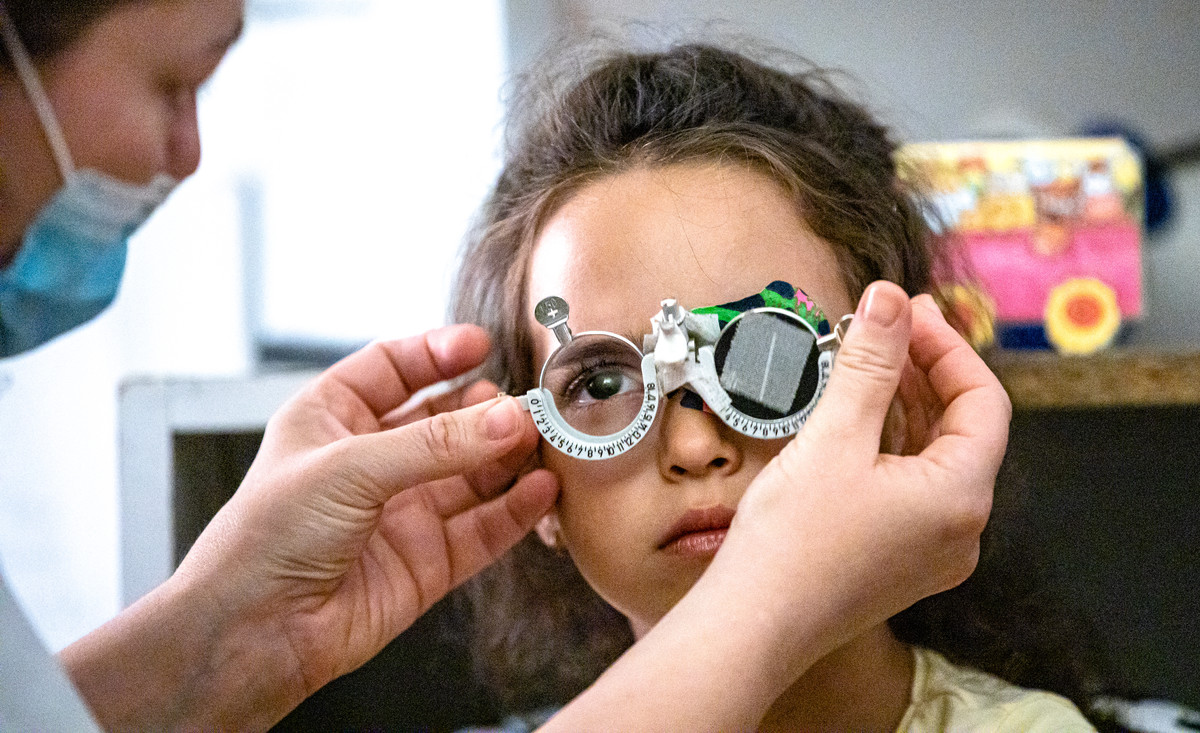

Scholarships, tuition and other fees
About the Doctoral College